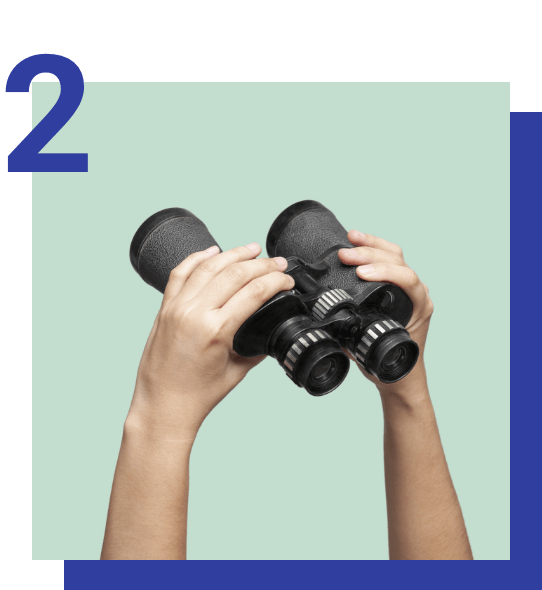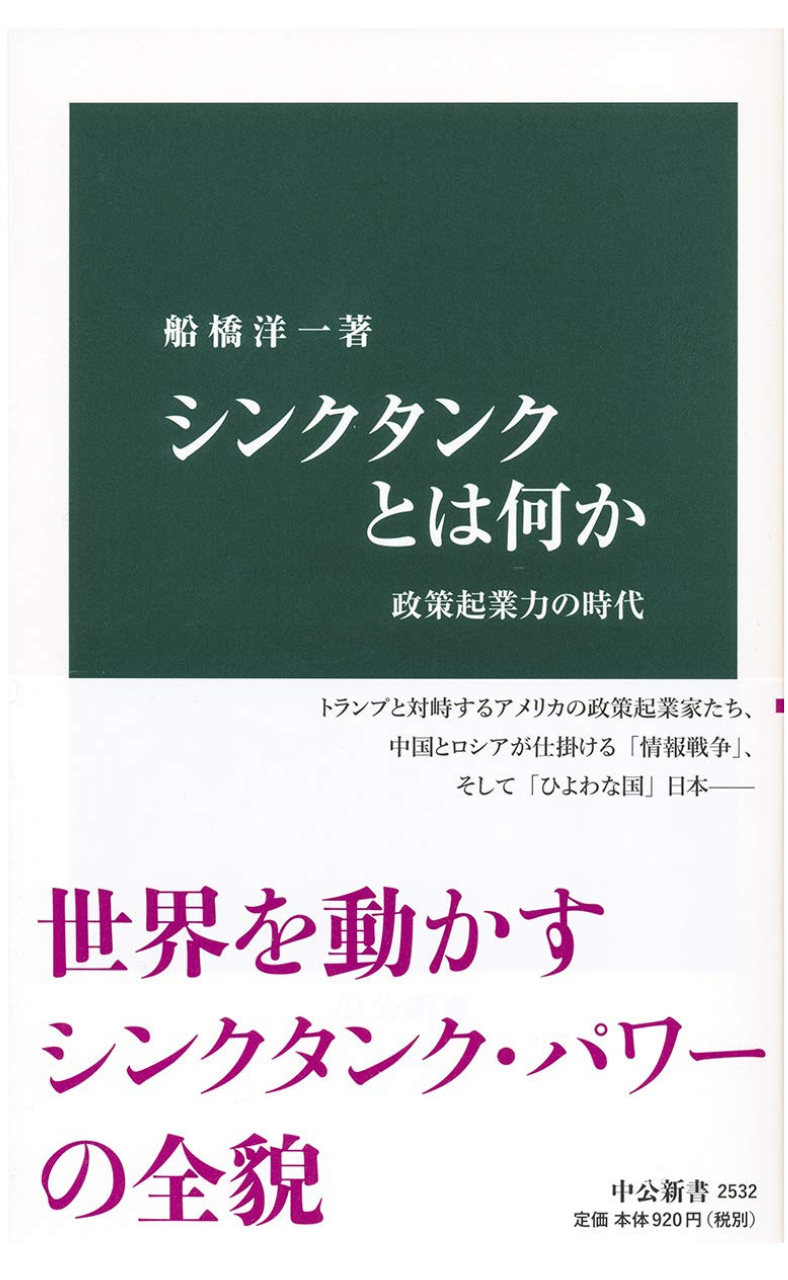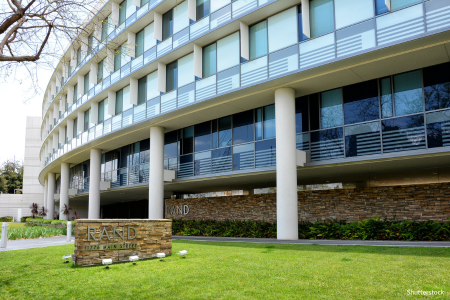About Policy Entrepreneurs
Policy Entrepreneurs create the policies of tomorrow
Policy entrepreneurs are individuals who address complex policy issues that cannot be solved by bureaucrats and politicians alone. They bring their expertise, experience, and new perspectives to shape policy agendas with a commitment to the public good, and significantly impact policy implementation.
Policy entrepreneurs are individuals or groups who:
-
devote their own resources, such as passion, time, money, human networks, ideas, and expertise, to develop policies that address social issues.
-
have the will to lead discussions with parties of different interests and bring together their powers and interests.
-
have an impact on the realization of the policy in question.
<References> Aviram et al(2019), “Wind(ow) of Change: A Systematic Review of Policy Entrepreneurship Characteristics and Strategies”, Policy Studies Journal, Vol 48, No 3.; Kingdan(1984), “AGENDAS, ALTERNATIVES, AND PUBLIC POLICIES”,Pearson Education Inc.;Yoichi Funabashi (2019), "Shinkutanku to wa Nanika - Seisaku Kigyō-ryoku no Jidai", Chuokoron-Shinsha
“What is a Think Tank?” - A book to help you understand policy entrepreneurs
| Think tanks emerged from historical crises such as world wars and economic depressions. They have proposed policies based on innovative ideas and have moved society forward. How will policy entrepreneurs in think tanks respond to the rise of populism and the information war waged by China and Russia? What challenges does Japan face as an “underdog" in the think tank arena? Authored by a Japanese journalist with extensive experience in the U.S. political arena and founder of a prominent think tank, this book offers a firsthand account of the intricacies of international politics drawn from his professional background. |
With the publisher’s permission, we are pleased to offer Chapter 1 and 2 of “What is a Think Tank?” by Yoichi Funabashi, published by the API in 2019, for free. Chapter 3 and onward are available on Amazon (Kindle version) (in Japanese only).
The Age Creates Think Tanks and Think Tanks Create the Age (Chapter 1)
A Product of the Age of Crises/ What is a Think Tank? / Distinct from Universities, Media and Consulting Firms /The power to Shape Discussions/ No Proposal, No Respect
Policy Entrepreneurship of U.S. Think Tanks (Chapter 2)
The Council on Foreign Relations and ‘Foreign Affairs’/ The Brookings Institution and the Great Depression/ “Our Job is to Improve Governance”/ ‘Defense Intellectuals’ / The Aftereffects of the Vietnam War
Why Policy Entrepreneurs Now?
Elements of a Policy Entrepreneur

MISSION
Passion and aspiration for the public good
It is essential for policy entrepreneurs to have personal aspirations that go beyond professional obligations and to be aware of issues in order to contribute to the public good. Pursuing policies for the benefit of a particular company or industry does not embody the spirit of policy entrepreneurship.
STRATEGY
The Ability to Set Agendas
It is important to have the ability to discover policy issues with firsthand knowledge, expertise and new perspectives, and to identify issues of high priority as their prime agendas. Policy entrepreneurs are also required to have the ability to detect hints of society’s changes, raise awareness of the public through media, and propose to policymakers in order to have the issues be recognized as agendas in policymaking.


IMPACT
Policy Imagination
Policy imagination refers to the persistent investment of time, money and expertise to realize policy and to influence its implementation by bringing politicians, bureaucrats, local governments, and related organizations together and harmonizing their interests. This endeavor requires imagination, that is, innovative ideas, understanding of policy making process, and understanding of the behavior incentives of stakeholders.
FAQ on "Policy Entrepreneurs" by PEP
Q. Do policy entrepreneurs belong to a specific field or profession?
No. Policy entrepreneurs can be found in all policy fields, such as health and welfare, diplomacy, economics, technology, and education. They are individuals with diverse backgrounds: lawyers with thorough knowledge of the legal system, social entrepreneurs or private business owners who have on-the-ground experience, think tanks that study policies and facilitate their implementation, or academics well-versed in theories.
Q. Do policy entrepreneurs have to be individuals?
Prior research has shown that it can be either individuals or organizations, but the PEP project focuses on the individual dynamics that move society forward.
Q. Are politicians and bureaucrats not considered policy entrepreneurs?
Prior research suggests that politicians and bureaucrats can also be policy entrepreneurs. However, policy entrepreneurs are not decision-makers. Given this distinction, the PEP project considers politicians to be partners who make decisions and implement the policies proposed by policy entrepreneurs. We also aim to broaden the range of players in the field who are well-versed in policy and can collaborate with bureaucrats, whose profession is policymaking.


.png)